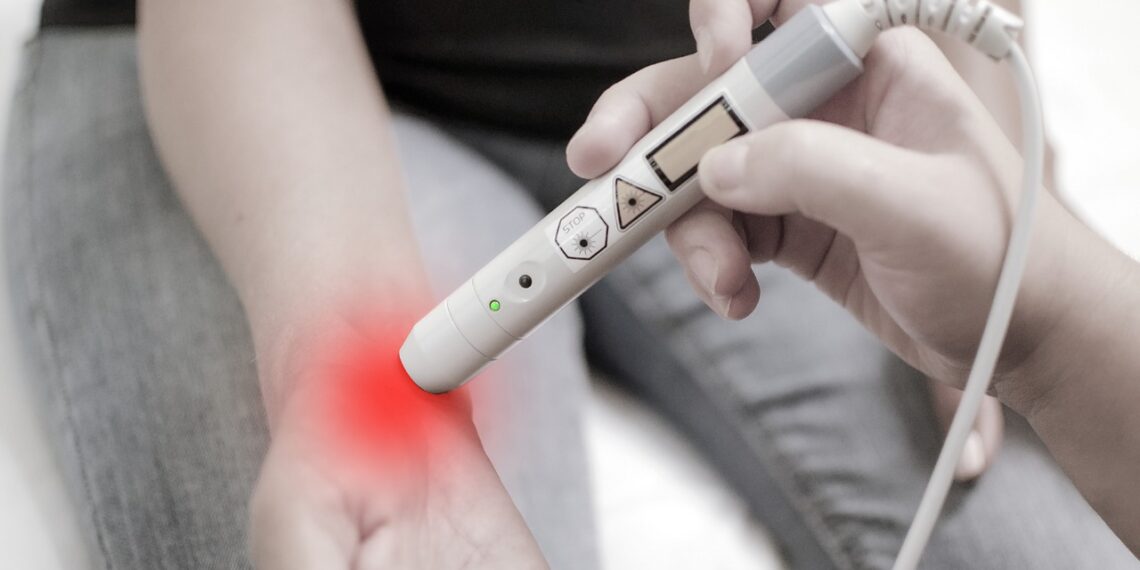Excess of cortisol production over time—either endogenous or exogenous—results in a syndrome called Cushing Syndrome. Cushing’s is diagnosed by Internal medicine Doctor in karachi through its hallmark signs as will be discussed later. Read on to know more about Cushing syndrome:
What is Cushing syndrome?
Hypercortisolism or Cushing syndrome is a consequence of excessive cortisol production from the adrenal glands. The adrenals are small glands located on the kidneys, which produce stress hormones, sex hormones and hormones for salt balancing. The normal function of cortisol is to:
- Maintain blood glucose
- Maintain blood pressure
- Maintain immune system
- Managing respiration
- Balancing the salt in the body
- Reducing inflammation
If there is too much cortisol in the body, it can throw off the organ systems and produce adverse symptoms. Typically, excessive and long-term use of medication and tumors are the cause behind hypercortisolism. Cushing syndrome is common in young adults, children and teenagers mostly between the ages of 25 and 50; of these patients, 70 percent are women, while only 30 percent are men.
What are the symptoms of Cushing syndrome?
The symptoms of Cushing syndrome are unique to each individual; however, in full-blown disease, the hallmark symptoms include:
- Excessive tiredness
- Buffalo hump—fat pad in the upper back
- Irregular menstruation
- Osteoporosis
- Round face (moon facies)
- Redness in face
- Thinning of skin with easy bruising
- Blurring of vision
- High blood pressure
- Excessive hair growth on the chest, abdomen, breasts, thighs and neck
- High blood glucose with increased risk of diabetes type 2
- Changes in libido and erectile dysfunction
- Stretch marks on the abdomen
- General weakness
In children, Cushing syndrome presents with stunted growth, obesity and high blood pressure.
What are the causes of Cushing syndrome?
The basic cause of Cushing syndrome is excess production of cortisol hormone. This can be due to:
- Increased stress.
- Increased use of medication like corticosteroids, which are often prescribed as part of therapy for rheumatoid arthritis, SLE and asthma.
- Tumors like those of the pituitary, adrenal gland, lungs, thyroid and pancreas; these tumors can result in excessive production of cortisol or its precursor hormone—ACTH. Endocrine tumors can also occur as part of Familial Cushing Syndrome, which is a hereditary disorder.
- Other causes of Cushing syndrome include: alcoholism, depression, panic disorder, athletic training and pregnancy. In these situations, the body ends up producing excessive stress hormone i.e. cortisol, thereby putting the patient in state of hypercortisolism.
How is Cushing syndrome treated?
The cause of Cushing syndrome determines its treatment. The options include:
- If hypercortisolism is due to medication intake, the healthcare provider may choose to moderate the dose of steroids while managing the symptoms.
- In case of hypercortisolism secondary to tumors, surgical removal of these tumors is recommended. Radiotherapy can be used if the tumor is not accessible through surgery alone.
- Hormone replacement medication is added to the regimen if there is hypercortisolism secondary to excessive ACTH production from the pituitary, and this in turn affects other hormones.
In addition to medication and surgery, lifestyle changes are recommended by the healthcare provider. These include:
- Diet: eating well is important if you have Cushing syndrome. The right food can mitigate the severity of disease and prevent complications. Sodium should be limited in the diet, while vitamin D and calcium rich food should be consumed to strengthen the bones.
- Exercise: gentle exercises and stretches can ease the symptoms.
- Hot bathing: can soothe the muscle pains and aches.
What are the complications of Cushing syndrome?
Without proper medical management, Cushing syndrome can be fatal. The complications associated with Cushing syndrome include;
- Type 2 diabetes
- Persistent infections
- Ischemic stroke
- Weight gain
- Increased risk of depression
- Increased risk of heart attack
- Increased risk of broken bones
- Increased tendency of the blood to clot
- Difficulty concentrating
- Memory loss
- Hypertension
- High serum cholesterol
The treatment of Cushing syndrome is simple by Internal Medicine Specialists in DHA, Karachi when diagnosed timely.
ALso know about videovor





